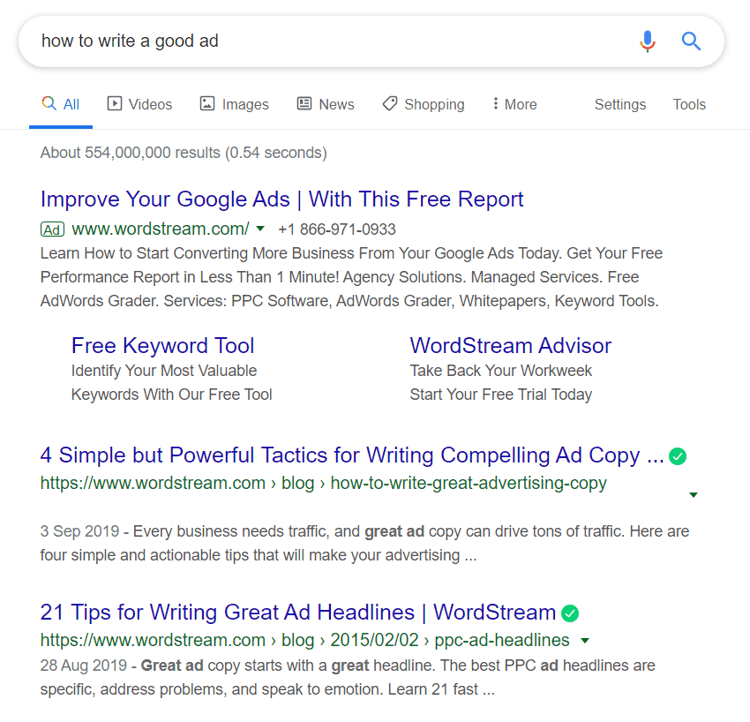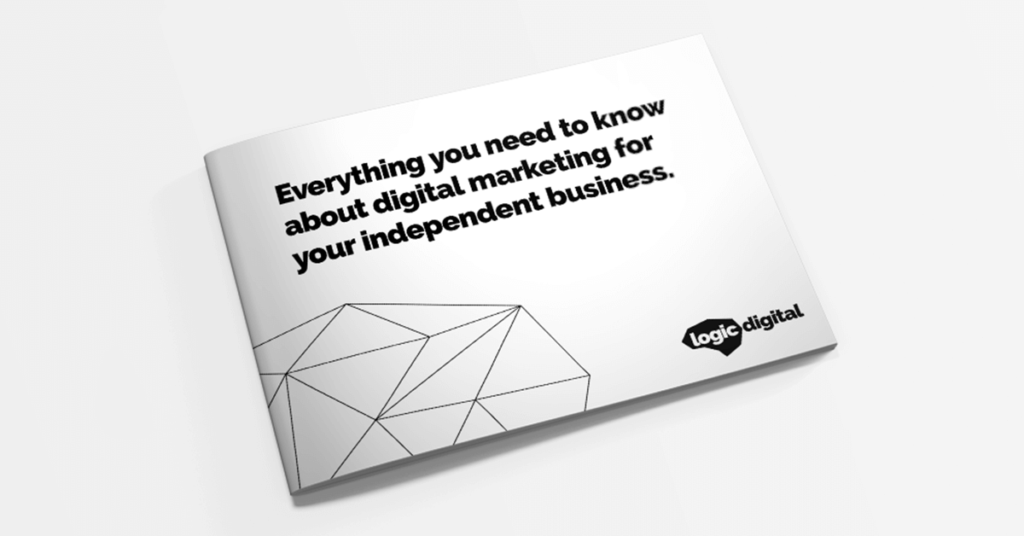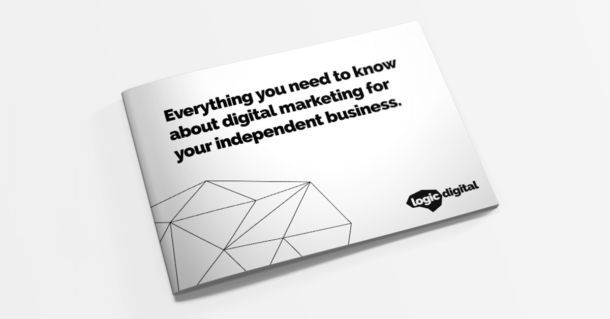SEO and PPC are often thought of as completely separate marketing strategies, but there are times when the best results can be achieved by combining their activities.
Search Engine Optimisation (SEO) involves optimising your website to be visible in search engines – in a bid to obtain and drive organic traffic to your site – while Pay-Per-Click (PPC) involves optimising keyword orientated ads that you pay to be displayed across the Google Network. Again, you pay Google for the privilege of posting these ads with the hopes of boosting site traffic (through clicks).
Why should your SEO and PPC strategy work together?
Ultimately, both SEO and PPC strategies revolve around attaining a high level of visibility (in search results), so your website has got a better chance of getting chosen and clicked on over your competitors. By having both ads and organic results in SERPs, you can increase your visibility on that page and elevate the chances of a user clicking on your result.
In turn, both of these tools can help uplift the success of the other. For instance, by creating a strong SEO foundation this can help support the quality score for PPC.
How can you use SEO and PPC together?
Keyword Strategy
A large part of your PPC targeting will consist of keywords. When launching your PPC campaign, you can use your data on top performing organic search terms to help build your list of targeted keywords. In doing so, you can achieve a paid and organic result for those queries, which will increase your chances of getting clicked on by the user.
You can also use the keyword data from your PPC campaign to renew your organic keyword strategy.
Now, if you’re achieving high amounts of clicks and conversions for a specific term in your paid activity; you should try to incorporate it into your SEO activity so you can generate organic traffic from it too. By ensuring your SEO strategy effectively builds upon your PPC strategy, you can stop your paid ads from cannibalising your organic traffic.

In addition, you can use average CPC to understand how much competition there is for certain topics. This is particularly useful given that other businesses will likely be spending money on topics that are important to them, which are also part of their organic keyword strategy.
Testing New Keywords
Similarly, if there’s a keyword you’re considering using as part of your SEO strategy; you can use a PPC campaign to test the level of competition – and your own website’s relevancy – for that keyword to help inform your decision.
Ad Copy and Title Tags
Whether it’s an ad or an organic result – a type of title and description will always be shown to a user. You can extract ad copy with a high Click-Through Rate (CTR) from your PPC activity and replicate it in your title tags and meta descriptions to help improve the CTR of your organic traffic (and vice versa).

On-Page Copy
A huge ranking factor for both organic and paid results is the relevancy of on-page copy to the search query. Not only will you rank higher in organic and paid results; a strong SEO foundation combined with more relevant landing pages, can all contribute to better quality scores and lower CPCs for your paid ads (yep, lower).
Your SEO expertise can really make a difference – whether you’re building custom landing pages or using existing areas of your website as the destination for your paid ads. In any case, these pages will need to be keyword optimised to ensure that they have a high level of relevancy to the ad copy, as well as to the keywords you’re targeting with your bids.
Remarketing
Your PPC plan can also build on your SEO strategy, by using remarketing ads to target users who have visited your site organically in the past (to increase their brand awareness, affinity and conversions). This can be a really powerful strategy depending on your end objective.
Often remarketing is used to:
- Target shopping cart abandoners
- Target users who bought a seasonal product (like a holiday or sunscreen) when that season comes around again
- Target users who bought a recurring type of gift (like birthday or anniversary presents) when it’s one more that time of year
- Target users who signed up to a trial or free sample
- Target users who read a blog post, but didn’t do anything else
A strong SEO strategy is integral to the success of PPC remarketing. If you’re getting a low level of traffic organically; you won’t have anyone to remarket to and will have to focus your efforts on converting brand new users who aren’t familiar with your brand.
Since both SEO and PPC strategies revolve heavily around keyword research and keyword optimisation; it makes sense to align them and maximise the benefit of your overall digital marketing activity.
For more advice on how to use your SEO and PPC activity together, feel free to get in touch with our team.





